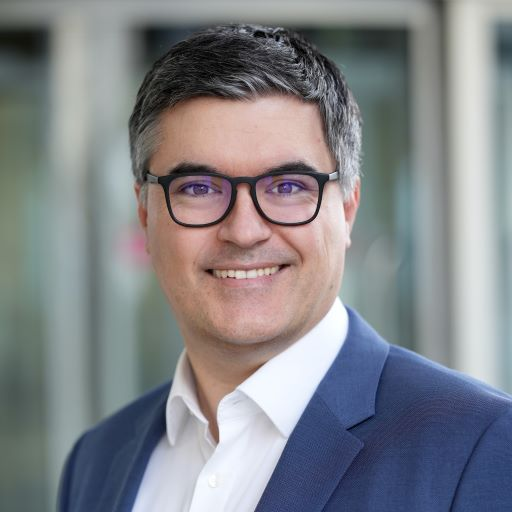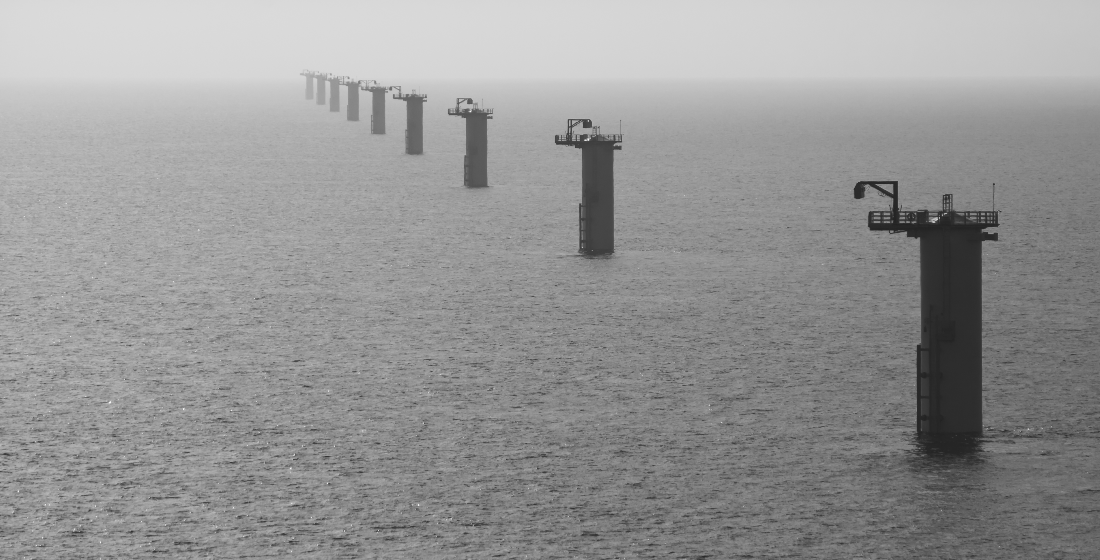Corporate perspectives: Bembennek at thyssenkrupp sharpens decarbonisation focus
Daniel Bembennek, head of finance and guarantees, in the decarbonisation technologies sector at thyssenkrupp, argues that long term trends towards decarbonisation are unambiguous, and relentless, even amid geopolitical headwinds. However, ECA adaptability will remain key.

TXF: Since we last spoke two years ago, your role has changed to being head of finance and guarantees in the decarbonisation technologies sector from head of finance for thyssenkrupp Uhde. Back then, we discussed prospects for green and blue hydrogen technologies’ financing. What’s changed in terms of your strategic priorities and that of the company?

Daniel Bembennek (DB): Since our last discussion, our strategic focus has sharpened considerably towards decarbonisation. In aligning with thyssenkrupp’s vision, we have consolidated our various business units into a dedicated segment. In it, we combine our businesses for the green transformation of our customers and the energy transition. The portfolio includes innovative technologies, products, and services with a focus on hydrogen, cement, ammonia, and renewable energies.
My transition and promotion to head of finance and guarantees within this integrated structure underscores our commitment to not only supporting but also actively enabling the financing of green and clean projects. This strategic realignment is designed to leverage our consolidated expertise, streamline decision making, and deliver targeted financial solutions that underpin our customers’ journey towards sustainable operations.
The result is a unified approach that marries rigorous financial management with a clear mandate to drive the decarbonisation agenda across all facets of our business.
TXF: How helpful is the ‘flex&cover’ package of export credit guarantees announced in January likely to be to improve German exporters’ competitiveness?
DB: The ‘flex&cover’ package represents a promising initiative from the Federal Government – a commendable step towards strengthening German exporters’ competitiveness. However, it is prudent to remain circumspect as the programme’s success will depend on numerous variables. But after many conversations over the past few weeks, I'm now convinced – and reassured – that those responsible are fully aware of the magnitude of the challenges and risks. That's why I'm currently feeling quite optimistic.
TXF: Are political changes, both domestic and international, likely to cause instability in the kind of products ECAs offer, both in Germany and elsewhere?
DB: Political changes inevitably influence the structuring of ECA products. In Germany, post-election continuity is generally expected, although the future formulation of sectoral guidelines is likely to remain dynamic. While our traditional framework in Germany has been relatively stable – an aspect that we value – political shifts, as witnessed in the US, can rapidly alter the landscape. The adaptability of ECAs is paramount in mitigating such risks, ensuring that even amid international volatility, the integrity of our offerings is maintained.
TXF: How was 2024 for thyssenkrupp in terms of the decarbonisation technologies side of the business and deals you were involved in?
DB: Reflecting on 2024, the decarbonisation segment at thyssenkrupp has delivered robust performance. We executed several key deals that not only advanced our technological and environmental agenda but also reinforced our strategic commitment to sustainable growth. This period has laid a strong foundation for the future, as the business continues to evolve in response to both market demands and the imperatives of the green transition.
TXF: What projects are you working on and how is your pipeline looking?
DB: Our current pipeline is both diverse and robust. We are actively progressing on several high-impact initiatives spanning green hydrogen, carbon capture, and other clean technologies. With a steady flow of promising projects supported by sound commercial fundamentals and strategic partnerships, we are well-positioned to seize future opportunities and further solidify our leadership in the green transformation.
TXF: Two years ago, you were asking ECAs to step up in terms of their clean energy strategies. What further product evolution are you looking for and do you worry about limits to what they’re going to support on green tech?
DB: There has been a positive evolution in the products offered by ECAs in the clean energy space. However, the global investment environment for green and clean projects currently presents more challenges than anticipated. Despite these headwinds, the volume of projects with a green focus continues to grow, and we observe strong interest from both ECAs and traditional banks in making these projects feasible. Looking forward, we expect further product innovations that align with the rapid evolution of green technologies, while remaining mindful of potential support limitations.
TXF: The world is changing geopolitically in terms of how prominent decarbonisation strategies are for governments, banks and corporates, particularly in the US – is this impacting business? What about cost pressure on deals?
DB: Geopolitical changes naturally influence a field as interconnected with international frameworks as decarbonisation. In the short term, these shifts can certainly have an impact, particularly on pricing and deal structuring. However, the long term trend remains unambiguous: the global drive towards decarbonisation is set to grow irrespective of current geopolitical tensions. This duality underscores the need for agile risk management and strategic foresight in our business dealings.
TXF: Are you working with any multilateral development banks and development finance institutions (MDBs and DFIs). If so, how is that going and how do you expect that to evolve? I ask as in our development finance imprint Uxolo, the last mention was for thyssenkrupp nucera on H2 Green Steel, as it was then?
DB: We are in active dialogue with a variety of market players, including MDBs and DFIs. While I will not delve into specifics regarding current projects, it is clear that these engagements are proving increasingly valuable. The collaborative potential with DFIs and MDBs is evolving as they recalibrate their portfolios to support the global push towards sustainability.
TXF: How optimistic are you feeling about the green transformation in general?
DB: I am still very optimistic about the future. Climate change is an undeniable fact that requires urgent attention and represents the greatest threat to the global economy. The shift to a sustainable economy is no longer a question of if, but how quickly, we can scale to meet the demands of tomorrow's world.
However, it was always understood that the green transformation would come with its share of challenges – transformation is rarely a linear journey but rather one marked by waves of change. The true test lies in our ability to navigate these challenges adeptly. Those who master this transition will ultimately lead the industry. The transition to a low-emission economy brings significant business opportunities. For us, it's about capitalising this enormous investment potential.





